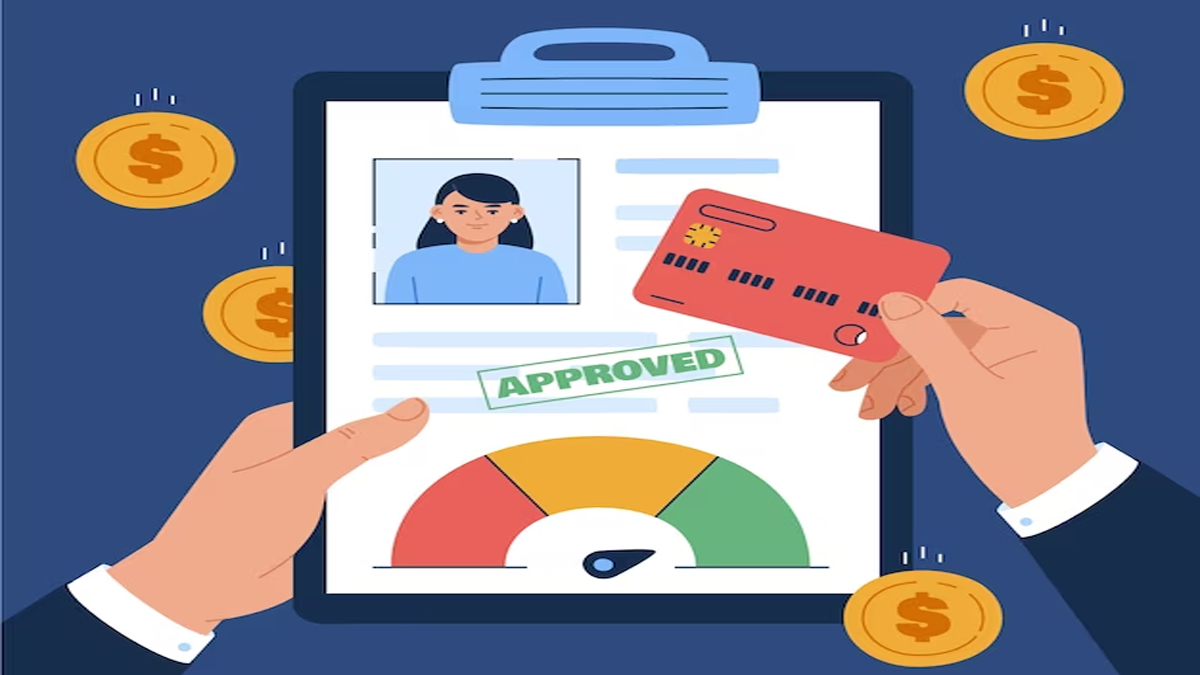Here’s a deep explanation of potential risks to a loan guarantor if the borrower defaults:
- Financial Liability: The primary risk faced by a loan guarantor is financial liability. If the borrower is unable to make loan payments, the lender will turn to the guarantor to fulfill the obligation. The guarantor becomes legally obligated to repay the entire outstanding loan amount, including the principal, interest, and any other associated fees.
- Impact on Credit Score: If the borrower defaults and the guarantor fails to make the payments, both parties’ credit scores will be negatively affected. Late or missed payments, or worse, defaulting on the loan, can significantly damage the guarantor’s credit history, making it difficult for them to access credit in the future.
- Asset Seizure: If the guarantor fails to repay the loan after the borrower’s default, the lender may take legal action to recover the outstanding debt. This can lead to potential asset seizure or forced sale of the guarantor’s property, savings, or other assets to cover the loan amount.
- Legal Actions and Lawsuits: The lender can take legal action against the guarantor to collect the debt. This may result in a lawsuit against the guarantor, leading to court costs, legal fees, and potentially more financial losses.
- Relationship Strain: Acting as a loan guarantor can strain personal relationships. If the guarantor is forced to pay off the loan, it can lead to resentment or tension between the guarantor and the borrower, especially if the borrower is unable or unwilling to repay the guarantor.
- Limited Borrowing Capacity: Being a guarantor can also limit the guarantor’s own borrowing capacity. Lenders consider the guarantor’s obligation as a financial liability, which may affect their ability to secure loans for themselves, such as mortgages or personal loans.
- Limited Financial Freedom: The guarantor’s financial freedom may be restricted as long as the guarantee remains in effect. Until the loan is fully repaid or the guarantee is released, the guarantor’s financial situation is indirectly tied to the borrower’s ability to meet their repayment obligations.
- Difficulty in Obtaining Future Guarantees: If a person has already acted as a guarantor once and had a negative experience, other potential borrowers might hesitate to ask them to be a guarantor in the future. This can be due to the realization of the risks involved or the guarantor’s reduced borrowing capacity due to the existing guarantee.
Given the numerous potential risks, it is crucial for anyone considering becoming a loan guarantor to fully understand the borrower’s financial situation, their ability to repay the loan, and to carefully weigh the potential consequences before agreeing to guarantee a loan. It is advisable to seek legal or financial advice and ensure you are fully aware of the implications before making such a commitment.
